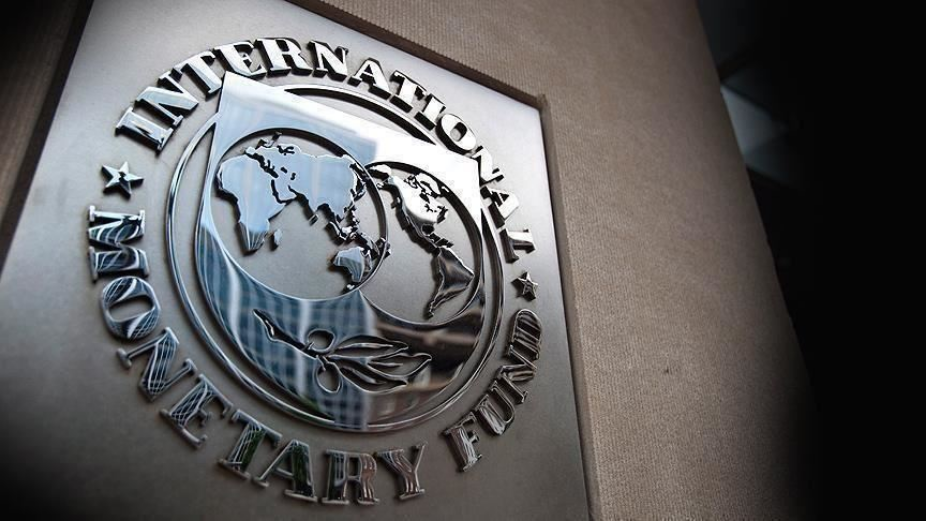
The International Monetary Fund (IMF) has released a Technical Assistance report on the Maldives’ Fiscal Responsibility Act.
In response to a request from the Ministry of Finance (MOF) of Maldives, a capacity development mission from the Fiscal Affairs Department (FAD) was conducted remotely during the period of 1st to 30th November 2020, to assist authorities in revising the 2013 Fiscal Responsibility Act (FRA). The mission was led by Ms. Ozlem Aydin (FAD Economist) and comprised Ms. Laura Doherty (FAD Senior Economist), Mr. Nabil Hamliri (FAD Technical Assistance Advisor), and Mr. Ian Lienert and Mr. José Miguel Ramos Carrasco (both FAD experts).
The Fiscal Responsibility Act (FRA) came into effect in 2013 to reduce rising public debt and achieve fiscal stability. Maldives has experienced rapid public debt accumulation over the past decade. The FRA establishes objectives for maintaining debt at a sustainable level and reducing the overall fiscal balance. The Act also sets minimum standards for fiscal transparency and accountability and requires the Government to prepare and publish medium-term fiscal and debt strategy reports.
The authorities intended to set debt on a downward and sustainable path, which is stipulated as 60 percent of GDP in the FRA. Maldives, however, continues to face large and growing public debt; total public and publicly guaranteed debt increased from 52 percent of GDP in 2009 to approximately 77 percent of GDP in 2019. Noncompliance was due to a poorly designed framework and insufficient government commitment to attaining the FRA’s targets. As such, to ensure fiscal sustainability and enhance transparency, the Maldivian authorities are committed to introducing a new FRA in 2021.
Key recommendations from the IMF:
- Objectives, Definitions and Coverage
- Moving from a rules-based FRA to a principals-based law
- Improving the reporting of the government’s fiscal intentions
- Ex-post reporting
- Fiscal oversight institutions
- Transitional Provisions
Under each key highlight, there were comprehensive sub-recommendations as well.
Some of the other recommendations include:
- Decide which provisions of the draft FRA need to be delayed, given the present uncertain macro-fiscal circumstances and the capacity constraints in the MOF, the AGO, and Parliament
- Ensure consistency in the PFM legal reform agenda and consider the merits of adopting the FRA and the Public Debt Act in the same parliamentary session in 2021.
- Consider the areas where changes are needed in the Public Finance Act and Financial Regulations and make appropriate draft amendment proposals for Parliament’s consideration.
- Remove all cash flow planning provisions (chapter 8) from the 2013 FRA and transfer the relevant provisions to the Public Finance Act or the financial regulations.
- Consider transferring Article 32(a) of the 2013 FRA—restrictions on advances to the government from the Maldives Monetary Authority (MMA)—to the Public Finance Act











